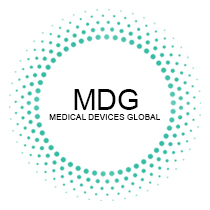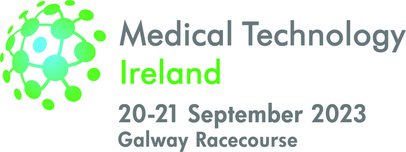Wearable medical devices, combined with the power of Artificial Intelligence (AI), are ushering in a new era of healthcare. These smart, portable devices not only monitor vital signs and health metrics but also provide personalized insights and recommendations, enabling individuals to take a proactive approach to their well-being.
The Rise of Wearable Health Tech
Wearable medical devices encompass a wide range of technologies, from smartwatches and fitness trackers to continuous glucose monitors and ECG patches. The integration of AI takes these devices to the next level, offering several game-changing advantages:
1. Real-time Monitoring: Wearables collect and transmit health data in real-time, allowing for continuous health tracking.
2. Personalized Insights: AI algorithms analyze the data to provide individuals with personalized health recommendations and alerts.
3. Early Detection: Wearables can identify early warning signs of health issues, enabling timely interventions.
4. Enhanced Patient Engagement: By actively involving users in their health management, wearables promote a more health-conscious lifestyle.
Applications of AI-Powered Wearable Devices
AI-driven wearables have a wide range of applications in healthcare:
1. Fitness and Wellness: Wearables track physical activity, sleep patterns, and heart rate, helping individuals lead healthier lives.
2. Chronic Disease Management: Diabetics benefit from continuous glucose monitoring, while patients with heart conditions can monitor ECG data.
3. Elderly Care: Wearables offer fall detection and health monitoring for seniors, allowing them to age in place independently.
4. Stress and Mental Health: Wearables can detect stress levels and provide relaxation techniques, aiding in mental well-being.
Challenges and Considerations
The adoption of AI-powered wearables in healthcare brings challenges, including data security, privacy concerns, and regulatory compliance. Ensuring user data protection and ethical usage of AI is paramount.
The Future of AI-Enhanced Wearables
The future of AI-powered wearables holds exciting possibilities:
- Medical-grade Accuracy: Wearables will continue to improve their accuracy, making them suitable for clinical use.
- Chronic Disease Management: Wearables will play a central role in managing chronic diseases, reducing hospitalizations.
- Telemedicine Integration: Wearables will seamlessly connect with telemedicine platforms, enabling remote consultations with real-time health data.
- Health Predictions: AI algorithms will predict health events and offer proactive recommendations.
Conclusion: Empowering Health in Your Hands
AI-enhanced wearable medical devices empower individuals to take control of their health like never before. These devices provide not just data but actionable insights, promoting a healthier lifestyle and enabling early detection of health issues. As AI technology continues to advance, we can expect wearables to play an increasingly vital role in healthcare, improving the well-being of individuals and reducing the burden on healthcare systems. Medical Devices Global remains committed to providing comprehensive coverage and insights into the dynamic world of AI-powered wearable medical devices and their transformative impact on the future of healthcare.


